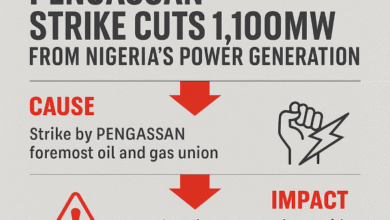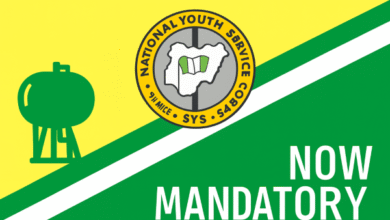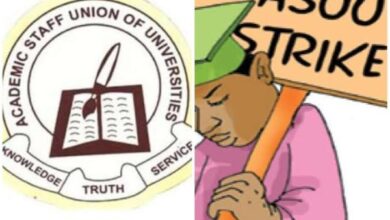Nepal Survivors Risk Death To Retrieve Possessions
During our last live broadcast from the town of Sankhu, a brawl broke out feet from the satellite dish.
Night and rain were falling, even as tempers were rising.
The cause of the fight – neighbouring townspeople were apparently angry that Sankhu had been receiving the lion’s share of water and food.
But who would begrudge them that? We spent a day in this once picturesque settlement of 2,000 souls, home to the Newari – Nepal’s original inhabitants.
Police told us 67 people had perished when the earthquake struck. But, once we’d found our way to the town’s market square, it was hard not to find fault with that figure. It felt too low.
The square was all but destroyed – so, too, were the narrow lanes and alleyways which led off it like spokes from the hub of a wheel.
The quake had struck mid-morning on Saturday, just as the shops, grocers, banks and bazaars were at their busiest.
The scene told a story which all earthquakes tell – of time stopped dead, lives truncated in an instant, intimate private belongings spilled out into a public space.
Rescue workers (recovery workers as it turned out) from the Turkish Red Crescent had been here already, paint-spraying on one wall a simple grim code – c4 – meaning four dead bodies had been found inside.
One group of townspeople were clawing at rubble, trying to find a boy’s body.
Another man, wearing a smart pin-stripe, manhandled furniture from a first storey, oblivious to the danger of collapse.
Everywhere locals were taking risks unconscionable to Western eyes, in order to retrieve nothing more than pots and pans, TVs and toys.
The desperation in the eyes of some was, we were told, a consequence of what they stood to lose. Few Nepalese use banks, choosing to invest in the traditional portable store of wealth – gold jewellery.
Whatever the reason for the frenetic activity, it did nothing to hinder the work of troops, who went about their labours with inscrutable determination.
The authorities, perhaps inevitably, are being blamed for reacting too slowly.
But here the state was applying itself to the bleak task of retrieving bodies and clearing away rubble with martial vigour.
Source# Sky News#












